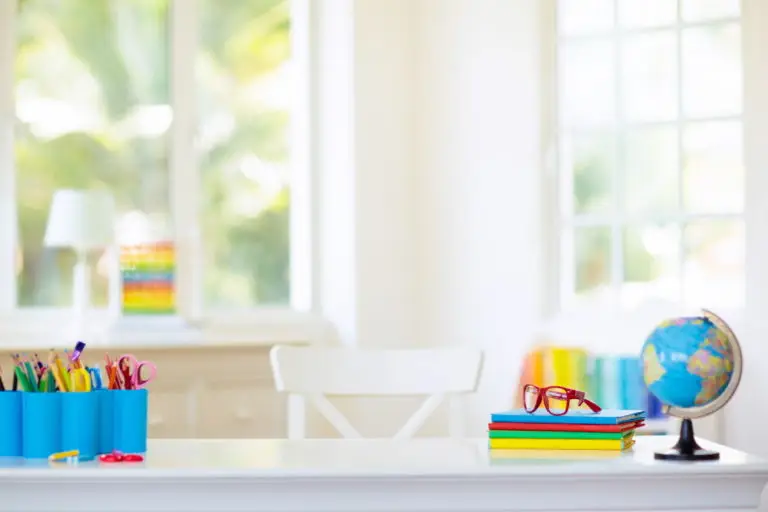Since schools officially closed their doors in March to all but children of key workers and the most vulnerable, families around the country have been grappling with home-schooling and remote learning.
It is safe to say that lockdown learning has posed a huge number of challenges to everyone – but unfortunately, the impact of school closures has been felt far more by some of the UK’s most disadvantaged children. A survey of 1,000 frontline workers conducted by the charity Buttle revealed many social workers and teachers believe COVID-19 is “devastating the life chances of the UK’s most vulnerable children”. The charity has channelled its funds to those who need it most, including buying a bed for children who were sleeping on the floor and paying for counselling for a child who fled an abusive home with their mother.
A lack of face-to-face contact between teachers and pupils has resulted in many vulnerable children flying under the radar instead of being flagged with social services – it is no wonder that education is unofficially known as the fourth emergency service.
Improving internet access for all children
The work of private organisations and charities has been instrumental in supporting the most disadvantaged children throughout lockdown, and many have partnered with the Government to deliver targeted intervention – like BT, who are providing free internet access to the UK’s less privileged households for six months to help bridge the widening attainment gap. Although the Government has pledged a £1 billion package to help pupils catch up on lost learning, nearly 60 per cent of school staff surveyed in a recent TES survey revealed they thought the attempts to limit the damage of lockdown to poorer pupils’ learning would have minimal impact.
Moreover, an open letter from politicians, education leaders and charities published in June warned that roughly 700,000 disadvantaged children could not regularly access a computer or internet connection. Siobhain McDonagh, Labour MP for Mitcham and Morden, said that lockdown had “exposed the digital divide in our society”. Home-schooling has been difficult enough for families in secure homes with stable internet access and a variety of digital devices – but for those who are less privileged, living in temporary accommodation, struggling with domestic violence or extreme poverty, remote learning is simply not a feasible or realistic option. We need a timelier system for providing internet access and digital devices to pupils who need it most going forward, to ensure children are prepared for any remote learning which may be necessary in the Autumn term.
Edtech is no longer a luxury
Edtech has certainly lost its status as a ‘luxury’ during lockdown, as digital learning platforms around the world have facilitated the ongoing teaching needed to keep children up to speed with the curriculum. Many have provided free access to lessons and resources for teachers, parents and students during lockdown in an effort to provide as many children as possible with a high-quality education. The launch of Oak National Academy for example has provided millions of free lessons for children remotely, and blended learning will undoubtedly play a key role in education going forward from September. While these digital resources have been invaluable, there is still much work to be done to ensure all children have equal access to edtech tools.
Providing equal access to education resources
If the UK is to finally tackle educational inequality, it is time to ensure that every child has a fair chance at achieving highly – irrespective of their socio-economic background. The coronavirus pandemic has exposed and even exacerbated existing social inequalities, so a cohesive and ambitious plan is needed across government departments (not just the DfE) if any change is to be made. Guaranteeing children from low-income backgrounds reliable access to the internet and a device on which they can catch up with lessons and homework is an absolute essential going forward.




